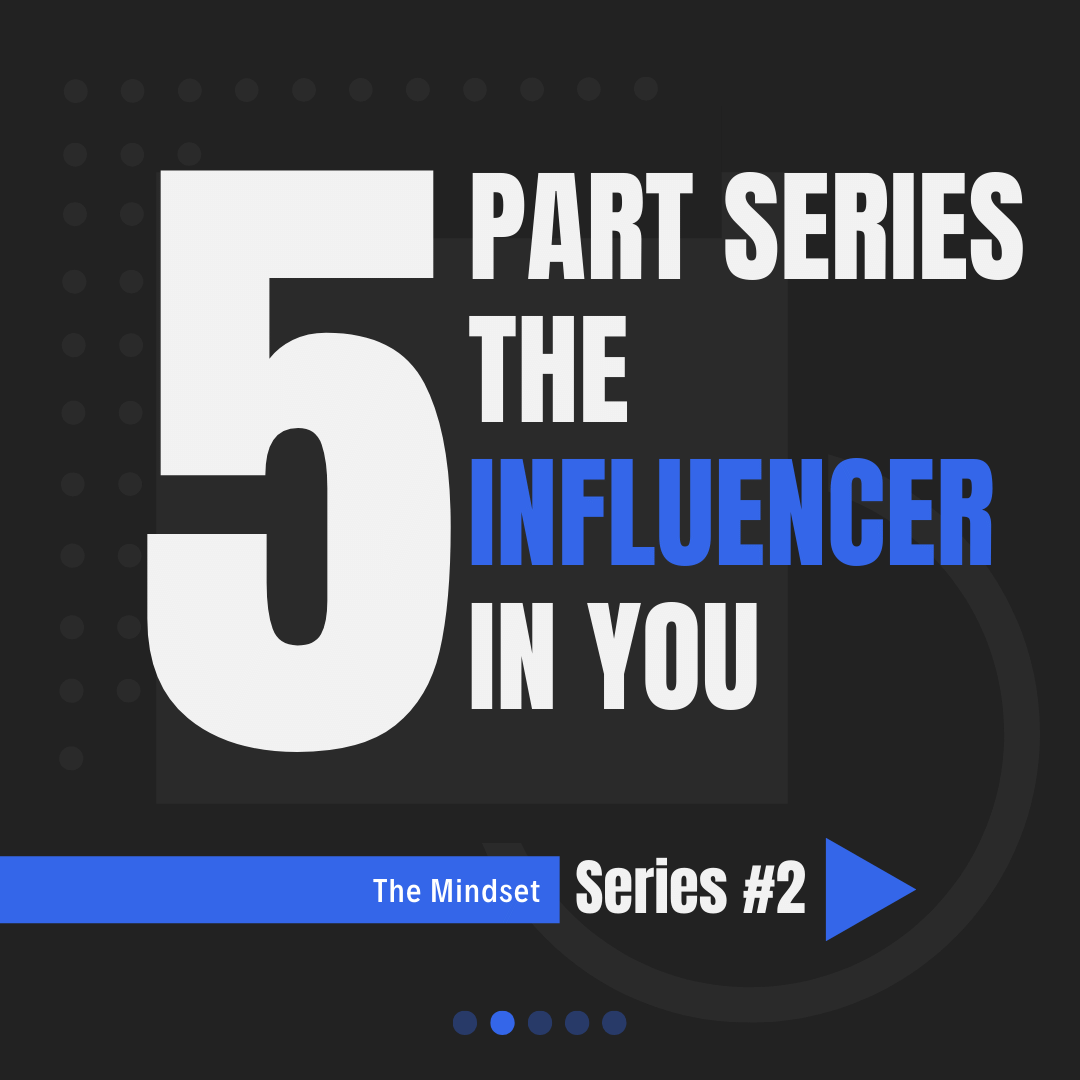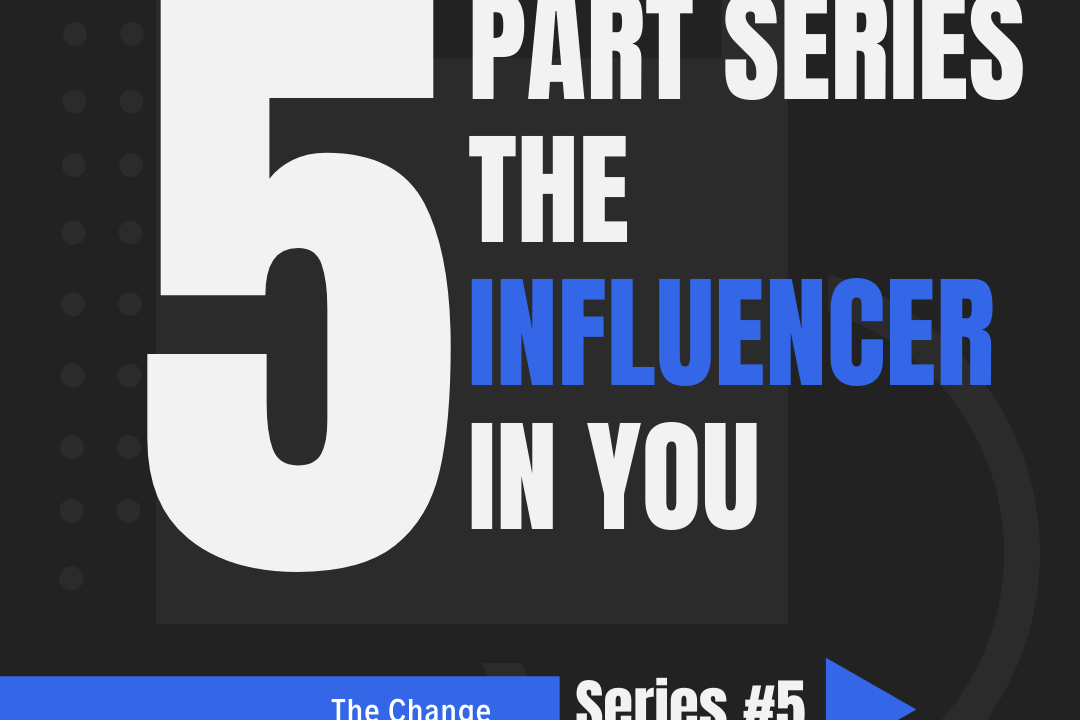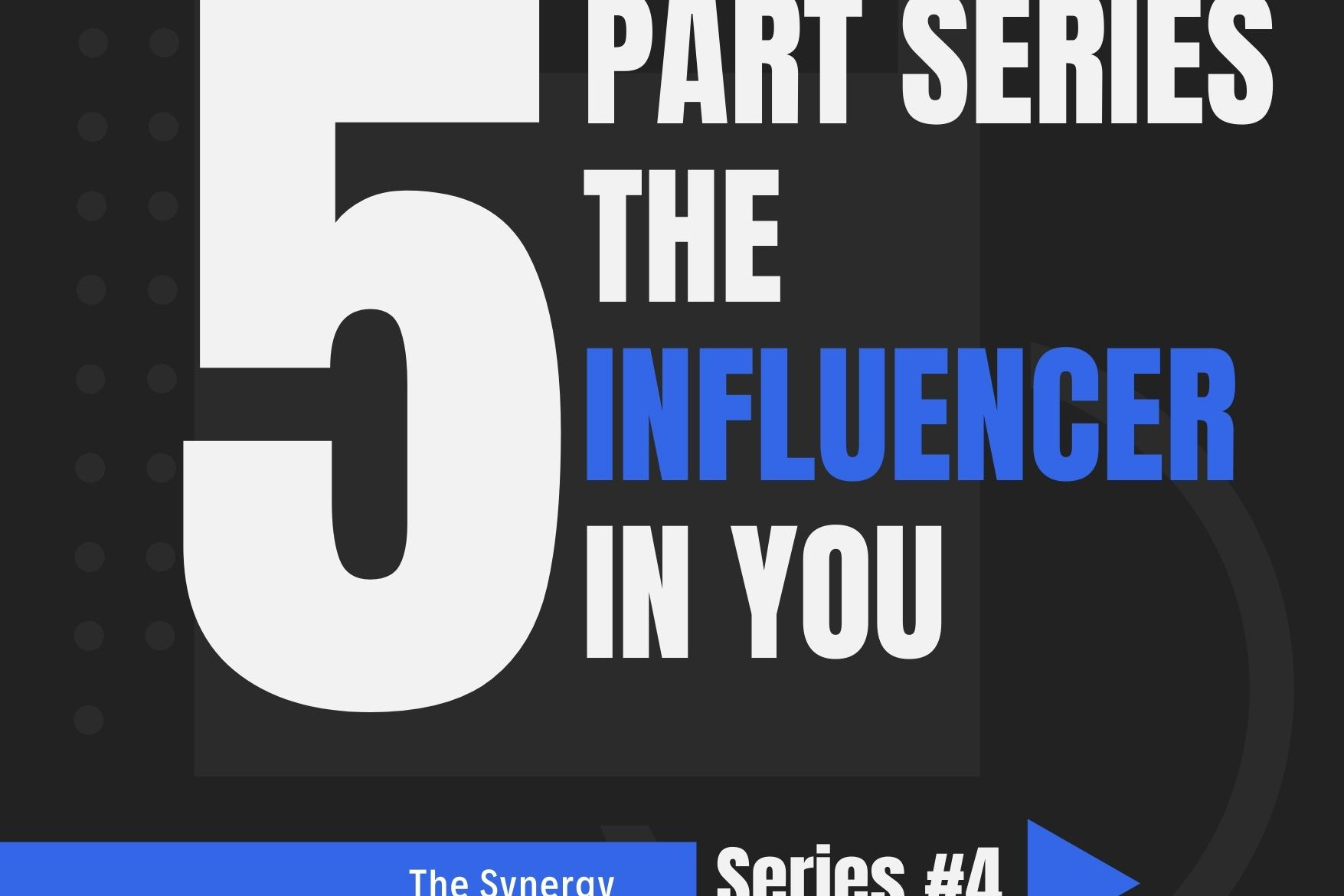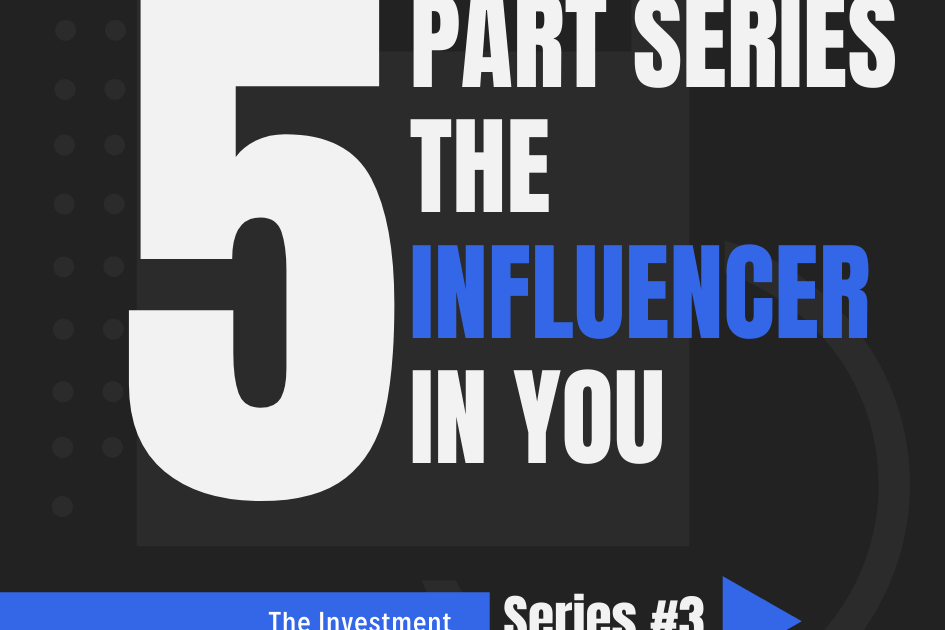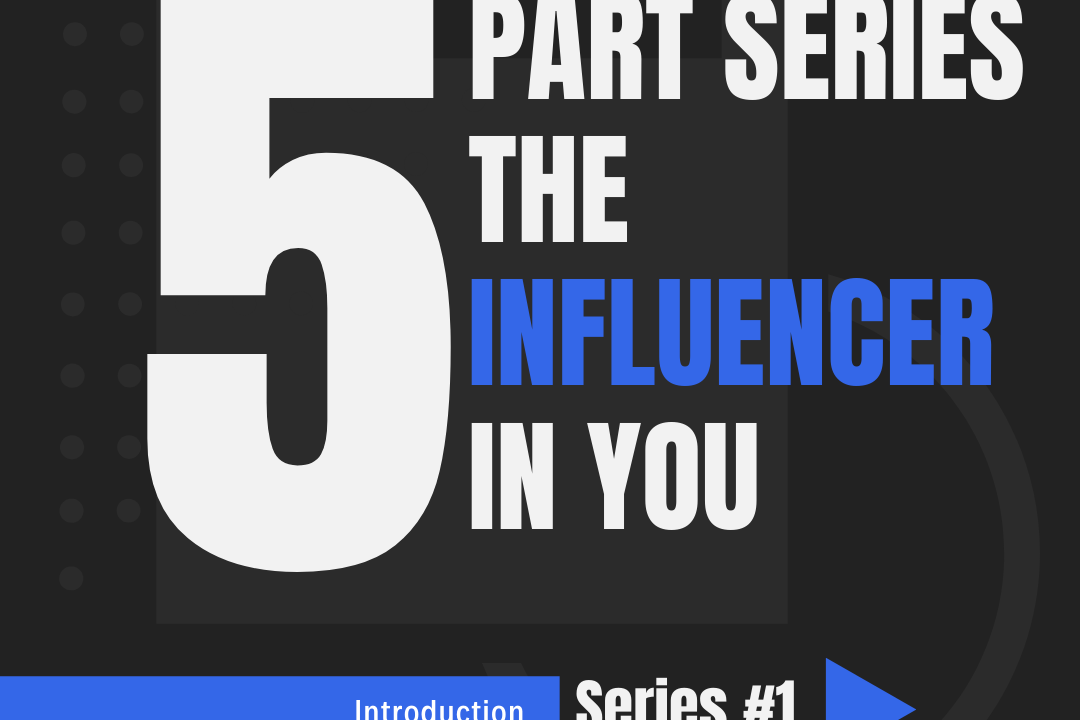The Influencer in You: Why Mentoring Works, How It Changes Lives, and Where It Transforms Legacies
Series #2: The Mindset

To Fix a Mentee or To Be Fixated With Mentoring: What’s the Difference?
In this second installment, it’s imperative to discuss the mindset or psychology behind (or in front of) effective mentoring before an individual can hit the mark personally, professionally, or philanthropically as an A-rated influencer. And far too many mentors and mentees rather fix (or be fixed) than become fixated. Remember my reference on continuous improvement in the first installment? Well, it comes down to three simple words: good. better, and best. The litmus test of influence is where you fall on the spectrum of mentoring effectiveness. Good mentors make a difference. They help mentees achieve success in a given area, bounce back from a setback, or sidestep a self-inflicted problem. However, they can be better, and what’s better needs to be the absolute best. Good mentors facilitate “win” only or solo results, where the mentee alone benefits. It’s often a one-way, transactional relationship. Simply put, good mentors invest their brand capital or sweat equity for mentee development purposes. Better mentors assist with “win-win” exchanges or two-way results, where the mentee and influencer both benefit transactionally and transitionally in terms of growth markers. Better attitudes. Better choices. Better outcomes. But the best mentors oversee “win-win-win” arrangements or trifecta results, where the mentor, mentee, and mentorship community benefit transactionally, transitionally, and transformationally. Here, mentors are replicated, mentees are dedicated, and the mentorship community is vindicated (because they see an influence need and fulfill it). Mentees eventually become mentors, and mentorship becomes an organizational investment or community initiative when mentoring needs are fulfilled by honor rather than duty.
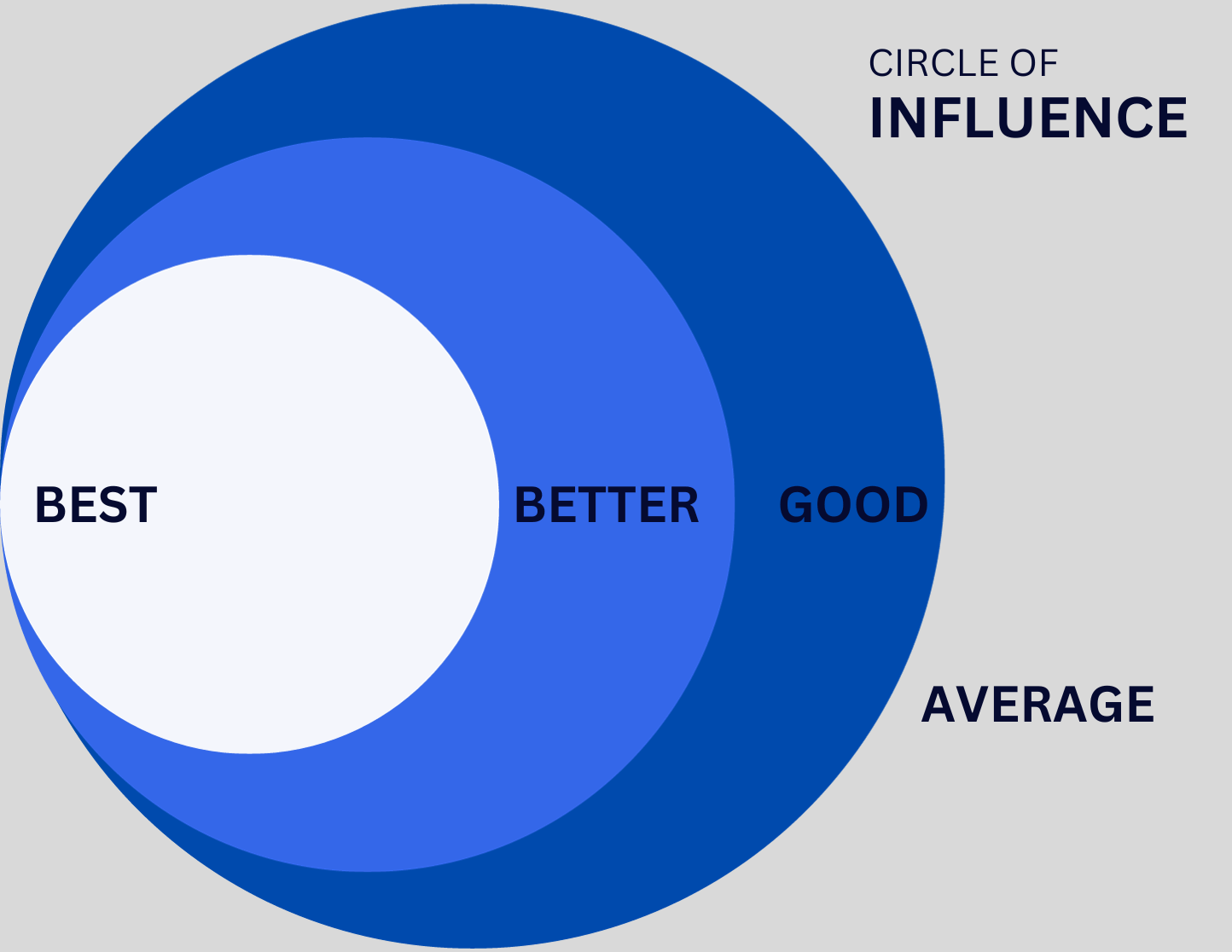
I don’t want to offend your intelligence (or anyone’s for that matter), but it’s important to define what a mentor, mentee, and mentoring relationship is in simple terms. As highlighted in my book, Momentum Power Play, mentors provide guidance and support (as do sponsors). However, they typically expect little in return from their protégés. They are usually drawn in to the engagement through an inspiration, information, or innovation connection. The mentee or mentor may be inspired by one another; admirable qualities — honesty, work ethic, humility, perseverance, and compassion for others, to name just a few — serve as touch points. Mentees often glean knowledgeable insights and advice from their mentors, with personal or professional development being a primary focus. Mentees often gain a much-needed boost to kick-start a goal or to stick with it to the very end. Motivation from afar or within arms reach is what mentors provide. (Sponsors, who do expect a return on their hands-on investment from their protégés, often have a strategic agenda with clearly defined expectations and boundaries.)
Keep in mind that a mentoring goal, objective, or task is the pursuit, not the attribute. It’s who you become along the way — during the mentoring relationship journey — that defines what you actually achieve as a mentor and how you’re likely to influence a mentee under your stewardship care (which can be mutually beneficial). Mentorship is the prize, self-mentoring the ultimate reward. Prizes are given, while rewards are earned. You’ll learn more about three of my prized mentors in upcoming articles, but here’s a quick overview of the impact Donna James, Clark Kellogg, and Steven Davis have had on my life. Donna James is an impressive individual, holding board positions with several Fortune 500, publicly traded companies. She’s humble, diplomatic, and incredibly bright; traits that I’ve been able to refine, from her shining example, in my own life. James is managing director of Lardon & Associates, LLC., a consulting firm. Clark Kellogg is best known for his basketball analyst work with CBS Sports. He is articulate, witty, and courageous (given the fact that he has to share studio time with Mr. Lightening Rod, Charles Barkley, during the NCAA tournament). A former Buckeye basketball great and ex-NBA star, Kellogg has served as an invaluable mentor to me on marriage, ministry, and meaning, as in life’s purpose. Steven Davis, former CEO of Bob Evans, passed last year. Words such as distinguished, polished, and accomplished come to mind first. I’m showing my ghetto fab ways, but I’d often stop by his home unannounced to watch this astute man in action — how he treated his wife, influenced his daughters, and kept his cool when I asked him difficult questions (for example, “How does a black man navigate white corporate America without being viewed as a charity case?”)
Mentoring success is a journey, not a resting place or comfort space.
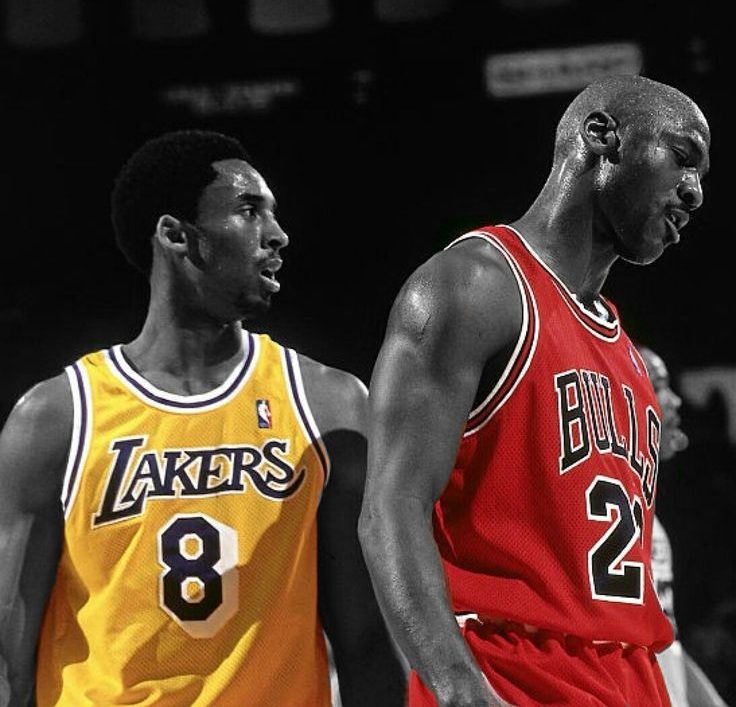
In closing, let’s end on a high note with a few pointers from two of the game’s greatest NBA players — Michael Jordan and Kobe Bryant. Now, their fixation on greatness rubbed so many people the wrong way. I witnessed it firsthand while playing for the Sacramento Kings in the 1990s and early 2000s. They irritated their teammates, aggravated sportswriters, and frustrated opposing fans, especially in hostile arenas on the road. These iconic figures were never satisfied with what they accomplished the previous season, past game, or last acrobatic shot. Why? Because comfort is the enemy of growth, especially when a self-mentoring investment or influence opportunity is on the line. And it has everything to do with excellence, not perfection. Jordan and Bryant displayed this every time they stepped on the court. Their secret, which can be yours, too? Greatness defined is process refined. Don’t settle for influence mediocrity. Aim for outlier status. Keep working on your internal and external improvement strategy, no matter the result. Be a growth-oriented difference-maker. Develop a mentoring mindset that won’t let you go through the motions. Ever. Mentorship is leadership, and please don’t forget this: You can’t take anyone further than where you currently stand. Doesn’t matter if it’s a mentee, sports team, or department.
Questions to Consider:

Which areas of your influence strategy do you need to refine as a mentor or sponsor? Be honest.
What are your most rewarding and challenging aspects of mentoring as a mentee, mentor, or mentorship organization? Why?
Who has had the biggest impact in your life, leadership, and legacy pursuits as a mentor from afar or within arms reach? Why?

